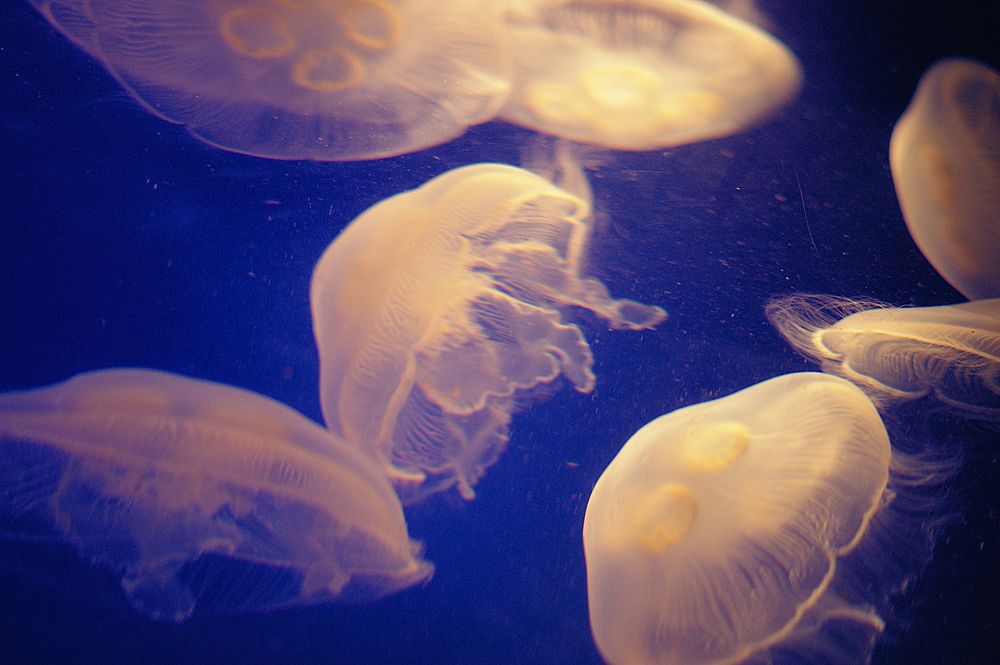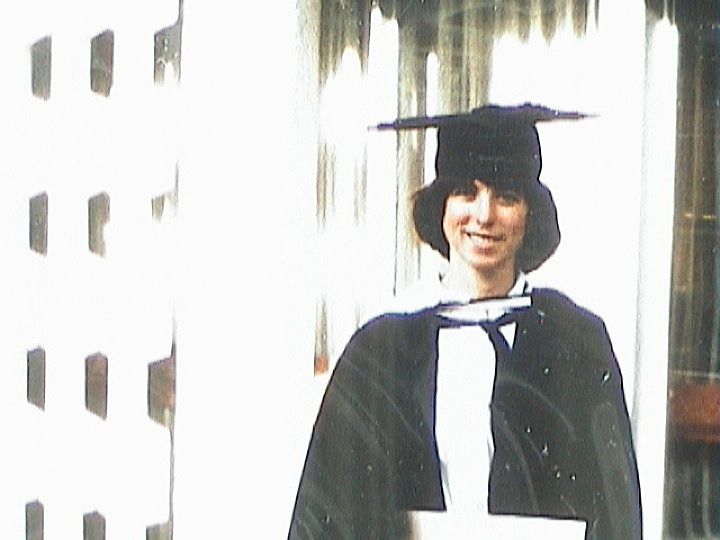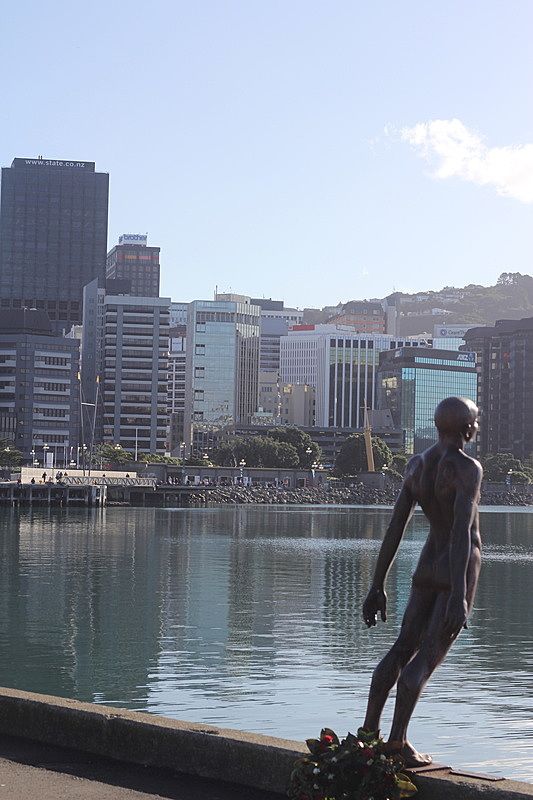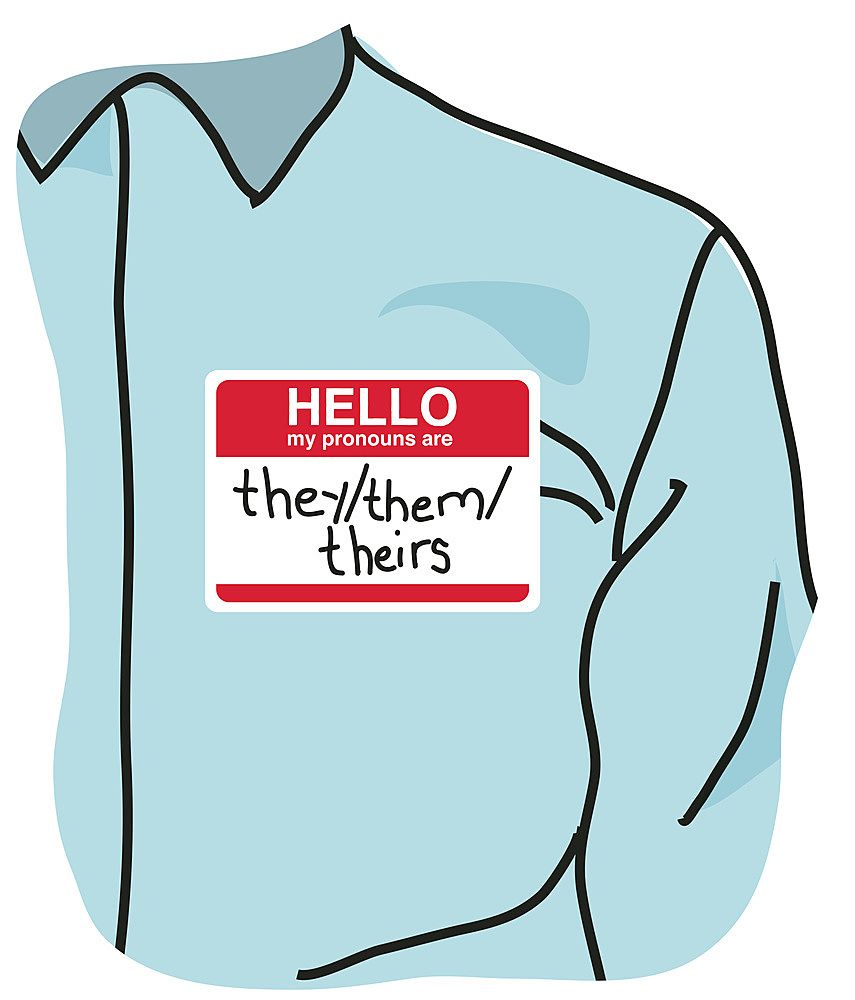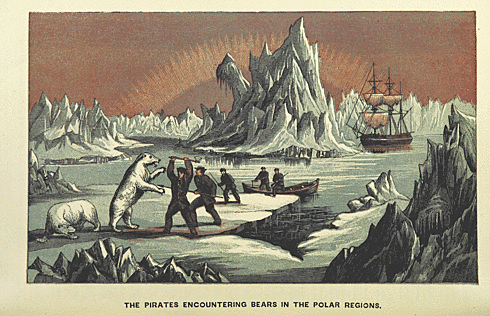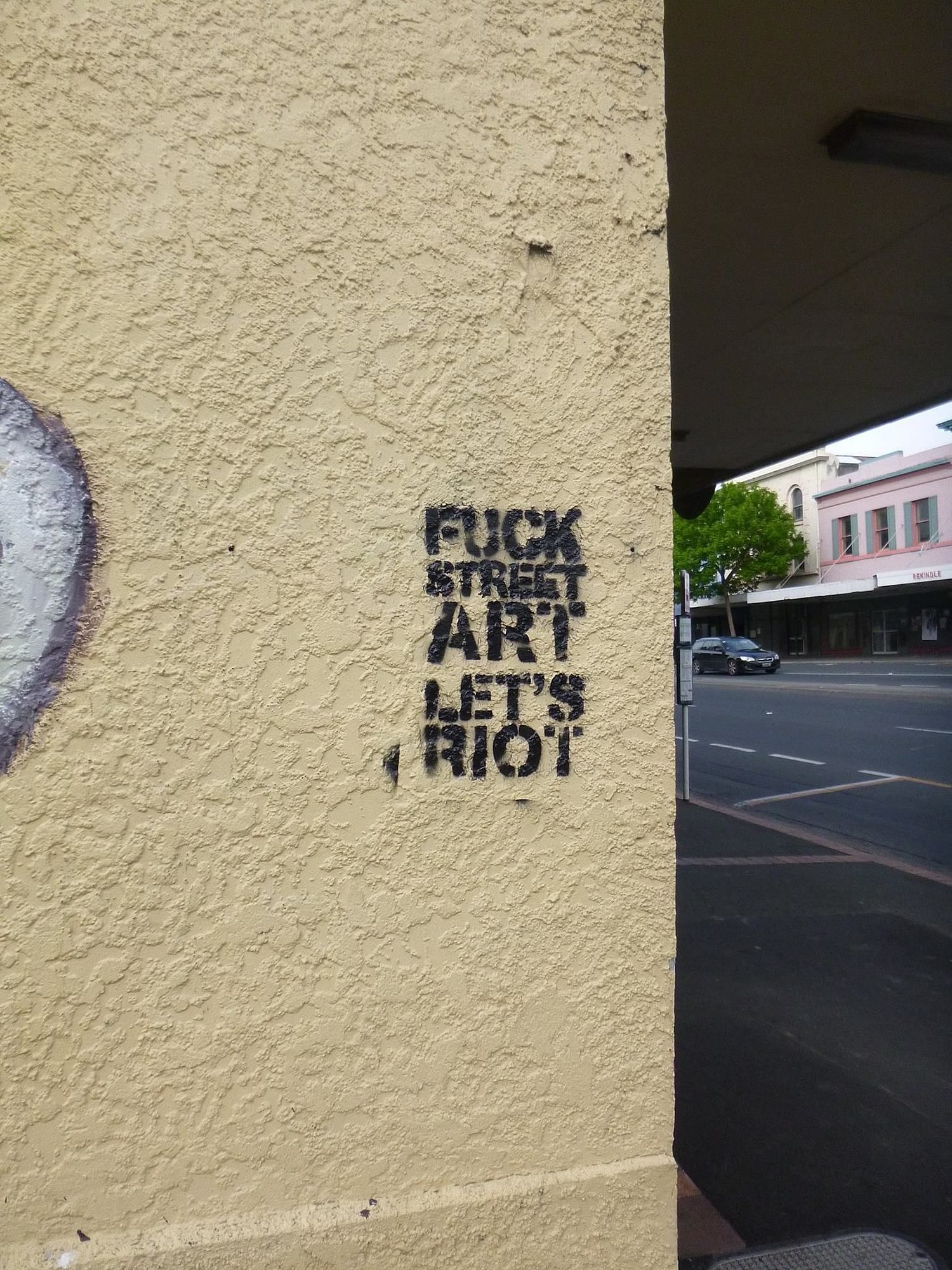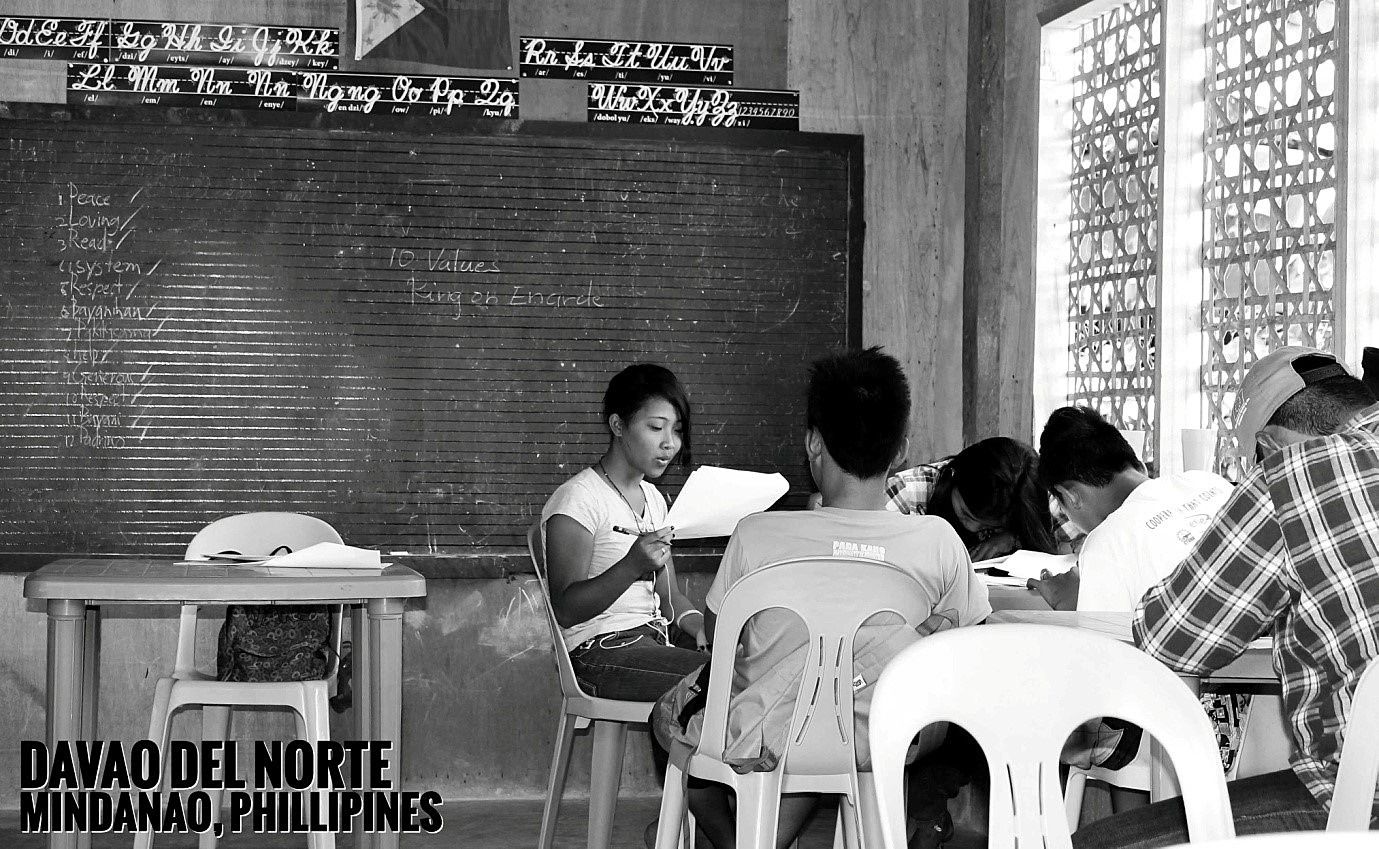Our Top Reads Of 2015
Our team's roundup of the site's best 2015 features.
The Threshold - Kirsti Whalen
After my mother’s death, I did her makeup. It wasn’t a task I chose, as such – my uncle said something to the funeral director about wanting her to look natural, and eventually the onus fell on me to make it happen. Her skin felt slightly papery to the touch and her lips were glued together, because that same uncle said we wanted her to be smiling. Benevolent and blushing in the coffin.
Plenty of devastating pieces have been written about losing a parent. Few, if any, have confronted the long and lonely epilogue where you expect to go out the same way as a loved one - for helixes of DNA and cells taut to divide to eventually do their destined bidding. Kirsti writes bayingly and beautifully about the intense and self-negating love for her mother that bore her onward. Then the piece takes an extraordinary detour into the nature of survivor's guilt, and rewriting the book when you never expected to.
Subduction - Sam McNeil Peterson
The man or boy and his friend left Burger King. Did they walk purposefully to the water, or did they wander? They stepped onto the Hikitia and scaled her crane. In this city the southern summer fades quickly, almost a memory by the beginning of March. Dawns come colder and later. Maybe there was a tiny smear of light in the sky above the water. The boy reached the boom’s peak, its rusty pulley and fat steel cables. Did he hesitate? For how long? He jumped.
Sam extrapolates a jarring, sad accident in Wellington from March into a feat of creative non-fiction. While it has plenty to say about young minds, fragile bodies and impulsivity, its greatest achievement is one of the most evocative depictions of the Wellington waterfront you'll read all year, so vivid you can taste the saltwater and the nip of house-party cask wine.
The Revolution of The Misspell - Fury
I don’t often talk about my birth name because it is redundant. Like a conch shell, the name has become too small for me. Whenever people can’t understand why I might change it, I’m not sure how to explain the ways it was beginning to suffocate me.
Fury's personal essay expertly skewers a culture of romanticising alter egos and reinventions that routinely ignores or minimises the everyday experiences of trans people - we all love Bowie, but we'll brandish birth names obstinately, like sulking weapons. More broadly, they remind us that words are actions - to be controlled by others, or to create space and sanctuary for yourself. Hat tip for our Melbourne readers who want more that they're also speaking at a panel next week at the Retreat Hotel in Brunswick.
Dimensions Variable - Simon Gennard
One of the possibilities of a Poor Image economy is the resurfacing of forgotten artefacts. Film essays, minor works by minor artists, household ephemera — objects that, if saved at all, would have previously been kept safe in museum storage or screened only by rare institutions serving niche tastes, are free to circulate. The geographically isolated, the socially anxious, the time-poor are able to hold their own retrospectives. There’s no organising principle, however, no Library of Congress for the online artefact, no Dewey Decimal, and so everything appears at once or not at all. Everything is as important as everything else.
Though his essay on the irreversible and sweeping changes to the value of the image doesn't exactly start with a resurfacing (think Damian Hirst, and the very rich people who exchange his work among themselves) Simon goes long and broad - taking in the transactional institutions that do know how to control the flow of creative capital anymore, the conceptual artists who are riding the concept of 'The Poor Image' from nowhere to nowhere, and how the state's attempts to stablise the image (or reproducible art of any medium) are effectively trying to freeze evolution. But everything's always evolving, always mutable - and rightly, he shows us how to celebrate it.
Kick The Can: How International Street Art Took Dunedin By Force - Eloise Callister-Baker
With only eight out of the 25 locations on the street art map featuring New Zealand artists’ work, the ratio of New Zealand to international artist is significantly weighted towards the international. Only a handful of these works take local themes as their subjects. The ratio of female to male artists is also poor. One artist involved told me that the original list of artists for the project didn’t include locals or women – DSA responded to these issues once complaints were made, especially by artists, but the overall project is still lacking, even tokenistic, in its inclusion of both.
Another year, another set of hosannas for muncipal street art and the transnational Obey hoodie army that's commissioned to make it (subject to planning and development parameters). When we commissioned Eloise's piece that gently but firmly articulated the more invasive aspects of the worldwide street art progressively taking over Dunedin's street, we wondered if she would be the lone (but valuable) voice of dissent. Instead, we got to see people come out of the woodwork and talk about the issue substantively - how to make sure DSA's worthwile ambitions don't just become a set of white dudes repeating the same tired tropes, and how to make Dunedinites feel like they're participating rather than just have it happen to them. We're crossing our fingers that she affects the direction of the project for 2016 and beyond.
For Marjorie: Experiencing the 20th Century Through The Mental Health System - Elizabeth Beattie
Nana’s behaviour (that I can remember) might suggest a love for ramshackle disorder – hoarding old bric-a-brac, and tea cups piled high. In fact, she often felt most comfortable when surrounded by austere white hospital walls and crisp hospital corners. It was familiar to her. Although she had high anxiety about her health, she always liked being the focal point of attention, and for her, hospital facilities often elicited the kind of regular socialising she craved, while also absolving her of the responsibilities or routines of life she could find too much.
Elizabeth's "wonderfully written story about the writer’s grandmother’s experiences with mental illness" joined fantastic Wireless pieces by Mava Moayyed and Norman Zafra to take home an Emerging Journalism Award from the Bruce Jesson Foundation. Without wanting to put words in the judges' mouths, we were drawn to the way Elizabeth eschewed the above-the-fray, always-understood-it tone some internet writers can take when writing about difficult and marginalised experiences. Instead, Elizabeth is honest- her memories of her grandmother can be dischordant, bewildering, and even scary. But there's also a lot of powerful, radiating love that brings her full circle back into the act of writing. A personal 20th century that the Internet has left under-documented is slipping through our fingers, and it's up to accounts like this one to capture some as it goes.
Old Asian, New Asian - Emma Ng
With their families unable to join them, it was hoped that most of the Chinese men who did come to New Zealand would eventually return to China rather than live out their lives in this country. Those who did manage to immigrate faced further discrimination once here. Chinese in New Zealand were not eligible for the pension, were refused permanent residency, and were treated as second-class citizens. Much of this discrimination barely enters our collective understanding of this country’s history.
The other thing about exploring and documenting our social and personal history with care and attention is, of course, that it presents a series of teachable moments in the here and now. Lots of the tit-for-tat outrage around NZ Labour's clumsy two-hander with the NZ Herald to create a Chinese housebuyer scare generated heat - Emma Ng brought the light, with an essential and well-researched look at our difficult and oft-forgotten relationship with Sinophobia. Powerfully, she refuses to let the discussion the paper and the party started dampen down despite the offence - "reframing (this) in more politically correct terms denies us the opportunity to turn this dialogue into something constructive."
A Journey Down The Banana Supply Chain - Edward Miller
The institutional buyer buys the packed boxes of bananas for 250 pesos ($7.18). In other words, they’re buying my 850g bag of bananas back home for around 45 cents a pop. “The workers are the milking cow of the capitalist,” Bong chimes in, inadvertently providing an apt comparison for a Kiwi to understand.
Ed Miller turns his globetrotting work for developing unions into a cracking good piece of embedded journalism. Vividly, he accounts for how banana pickers and growers in the Philippines are educating themselves and organising - but also how, between the sweltering jungles and industrial packing plants, standing up for worker rights can get you stalked, maimed - or worse. All to get an awfully cheap load of potassium to our supermarkets - but if you think the solution's a simple matter of always buying Fair Trade, read to the end.
Sonic Doom: The Making of Kim Dotcom's Good Times - Hayden Donnell
Kora experimented, recording acapella songs; a bassline made only from eight melded synth sounds. “Yeah there’s that thing of overcooking,” he says. “In the same sense, there was no overthinking it. We’d say, you know I’m going to make this song out of 15 synths, fuck it. Or we’d make it out of one guitar. There’s songs in there that have Irish fiddle. Dudes that can really play the fiddle.” He would have to tell Dotcom: “That’s a good song, man, but it’s not going to suit the thread of what you’re saying. Bugger.”
Hayden Donnell's unprecedented insider access to Camp Dotcom during his biggest flight of fancy had to carefully run past the lawyers - what's astonishing is how little had to change. The most galling moments that already found their way into the papers earlier - the Hitler memorabilia, the golliwog toys in-studio - get folded into the best account of one of the worst albums ever. As he fights extradition, it's worth re-reading to try and unpick what makes the big man tick.
The Border that Transgresses You: a Phenomenology of Swamps - Annaleese Joachems
Transgression is not a progression from state A to B. Instead, it might be imagined as a place. A dreamscape of suspended limit. A non-dialectical language, then, might be considered as an unwalled room, in which all parts of the self, of desire, including those most stupid, primal and vulgar, rise into air and are pressed into earth; are simultaneously hallowed and degraded. A belief-built place in which impossibility is disregarded, time is ignored and we are all whatever it is that we truly are.
Annaleese's essay starts with a fumbling teenage encounter in the swamp at the back of her dad's farm. The choice of location is the set-up for a fine essay that expertly balances personal experience and a depth of reading that links Tina from Bob's Burgers to Foucault to Kirsty Gunn's Rain (a novel and film that the whole piece puts you in the mind of, really). Her central contention - that transgression isn't a series of acts to get the personal sovereignty your teenage self craves, but rather the state you briefly touch when you do get that sovereignty - makes all of your ill-chosen sex locales and bad, druggy suburban dates come into sharp focus. You try so hard to get there, and when you turn around here you are.
